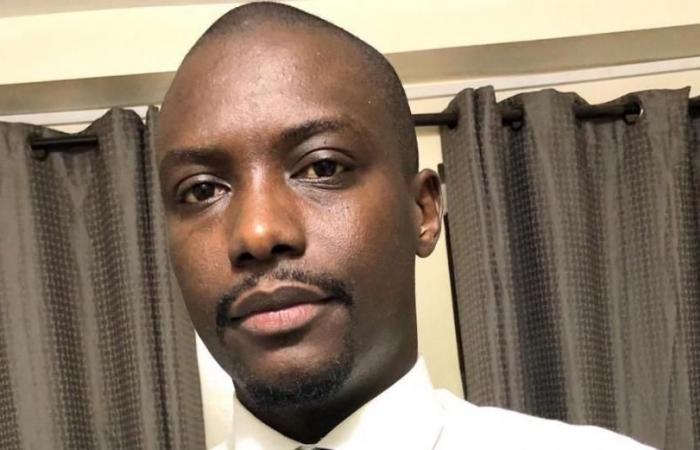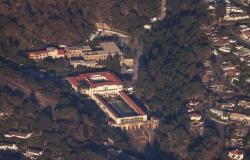In a context where Senegal is experimenting with a new political alternation, PASTEF finds itself facing an unprecedented dilemma: dealing with a fringe of activists with radical positions, who have become an informal counter-power. Between loyalty to these PROJECT cerbers and protection of republican institutions, Ousmane Sonko and his government are navigating troubled waters. In this incisive article, Cherif Diop explores the issues of this internal protest, the impact of social networks among others.
In Senegal, the third alternation faces a new kind of counter-power.
If the holding of power comes from election, its exercise is linked to other management mechanisms.
In this regard, the upcoming launch of the Ligeeyal sa reew platform, “which will allow each Senegalese to submit their candidacy for public positions in competition” goes against the outcry against the appointment of citizens who are not members of PASTEF or who would have criticized the PROJECT. Every Senegalese, whatever their origin or opinions, has their place within the Republic, except those who display ethnicist or separatist leanings. The authorities have the responsibility to circumvent the steps of communitarianism which lead straight towards a very dark abyss. Bigoted PASTEF supporters say they express their disagreement in the name of democracy. However, this internal “democratic” protest may seem comical in many respects, but reveals a new situation that is not so uninteresting, if it is used wisely.
A new kind of counter-power
Ousmane Sonko is not Pericles the father of radical democracy, and we are still very far from Athenian democracy, but Pastef promised a Copernican revolution in the management of city affairs “Li nieup book, nieup jotsi”. Under this prism, the “rebellion” born from the appointment of Aoua Bokar Ly, the second of its kind after the Samba Ndiaye episode, bodes well, if such actions can serve the general interest and not the “Pastefien” desiderata . In Senegal, the goodwill of the authority has very often prevailed. However, “Power must stop power”, a famous phrase from one of the key figures of the Enlightenment. In the light of this lively controversy, bigoted activists have shown that they can play the role of a powerful counter-power, certainly informal, but just as formidable, to the point of causing their party president to react overnight. The Maharaja of Pastef stood as a shield for the Head of State against the patriots who insulted the President of the Republic a lot.
The Senegalese constitution has made its guardian “an elected monarch” who assumes almost all the powers.
The much-touted “systemic” change would take a giant step forward if the PROJECT’s cerbers become defenders of the republican temple. Controlling the action of the State, in the same way that they succeeded, for a time, in imposing a dominant narrative within public opinion, through the revolutionary channel of social networks. What if this same desire guided their objective judgment of public action? This historic turning point would allow constant monitoring of the management method of our authorities. In such a way that any coveted position is no longer a privilege, much less a sinecure. On this condition, the advent of Bassirou Diomaye Faye will prove to be a real democratic breath of fresh air. While waiting for the effectiveness of the socio-economic transformation of Senegal, a different kettle of fish.






